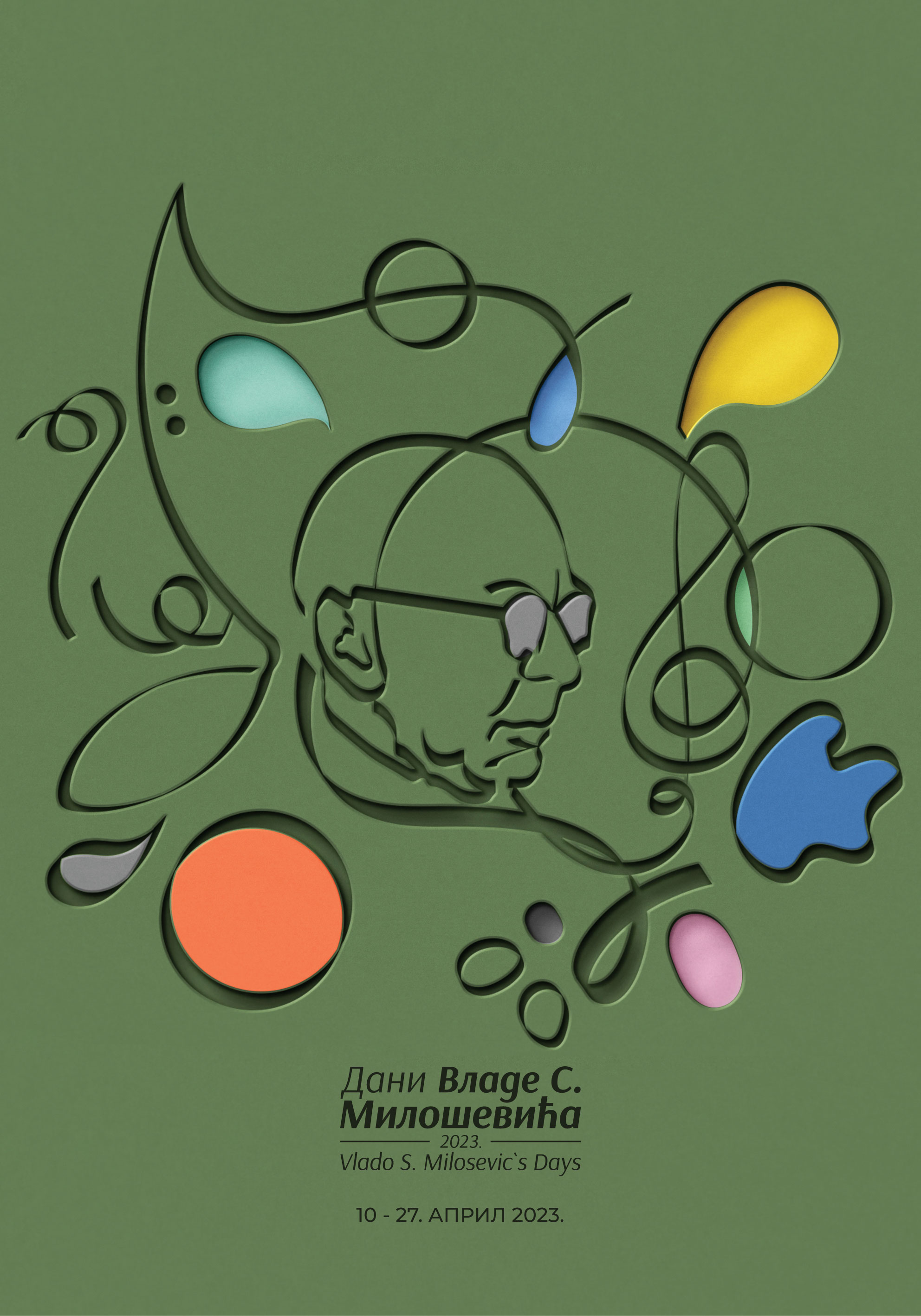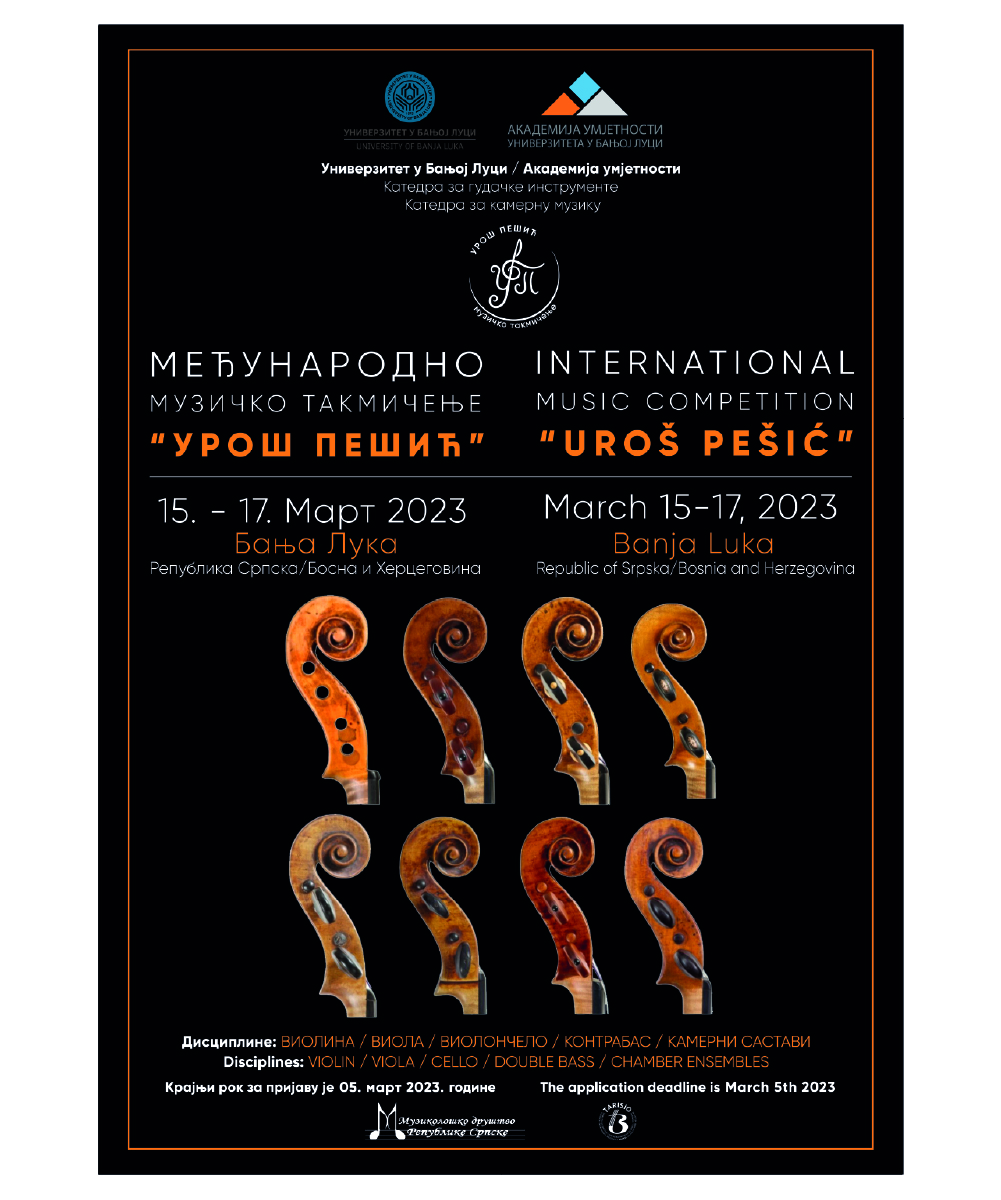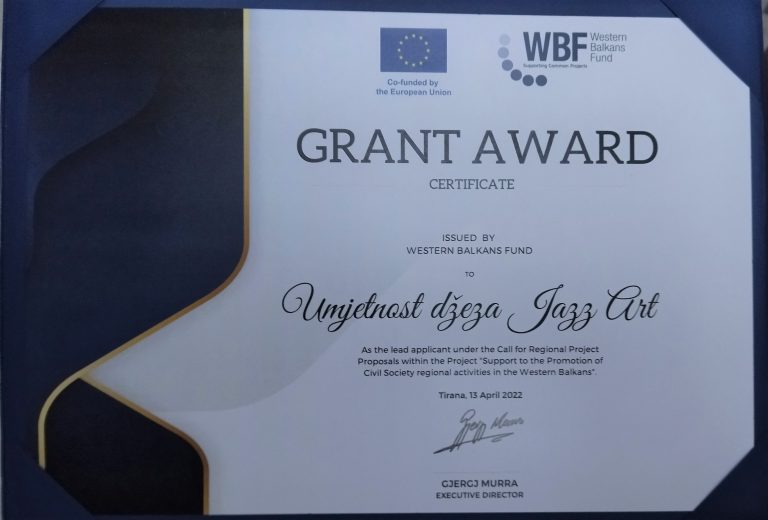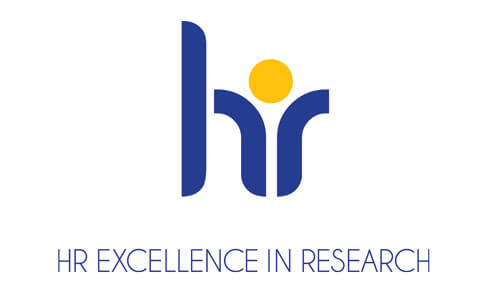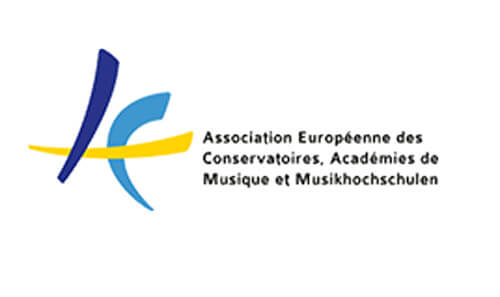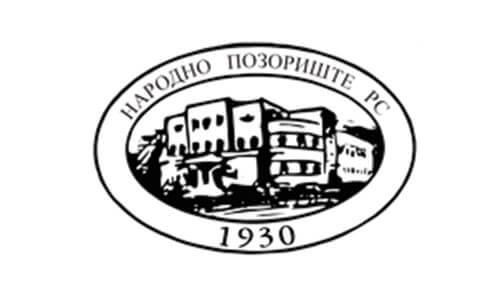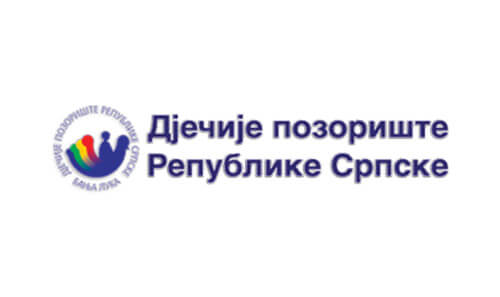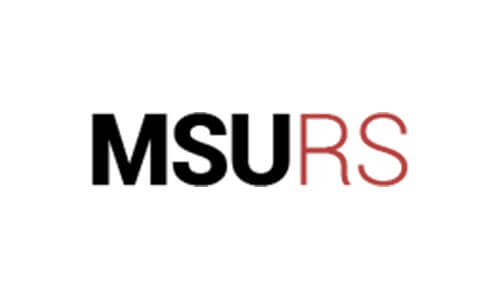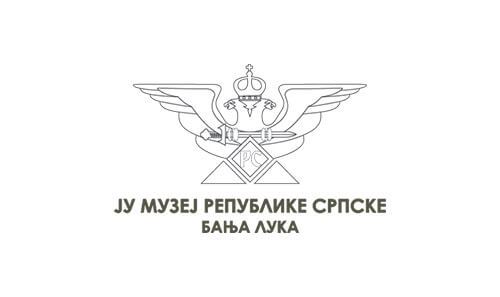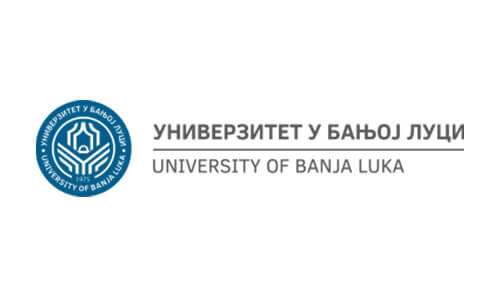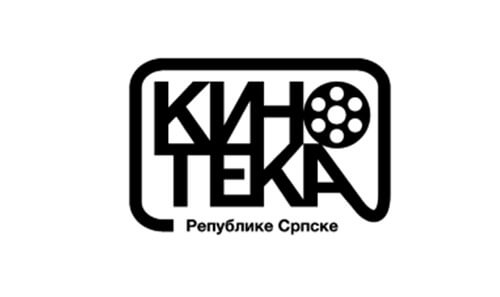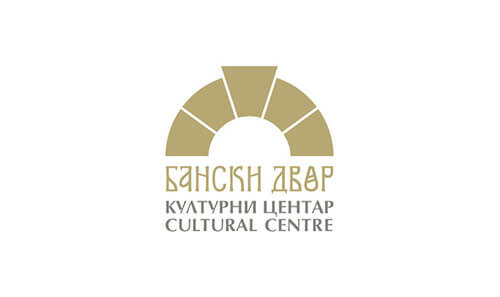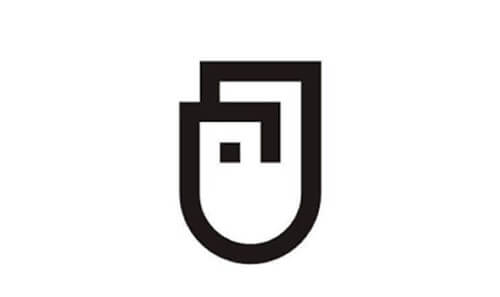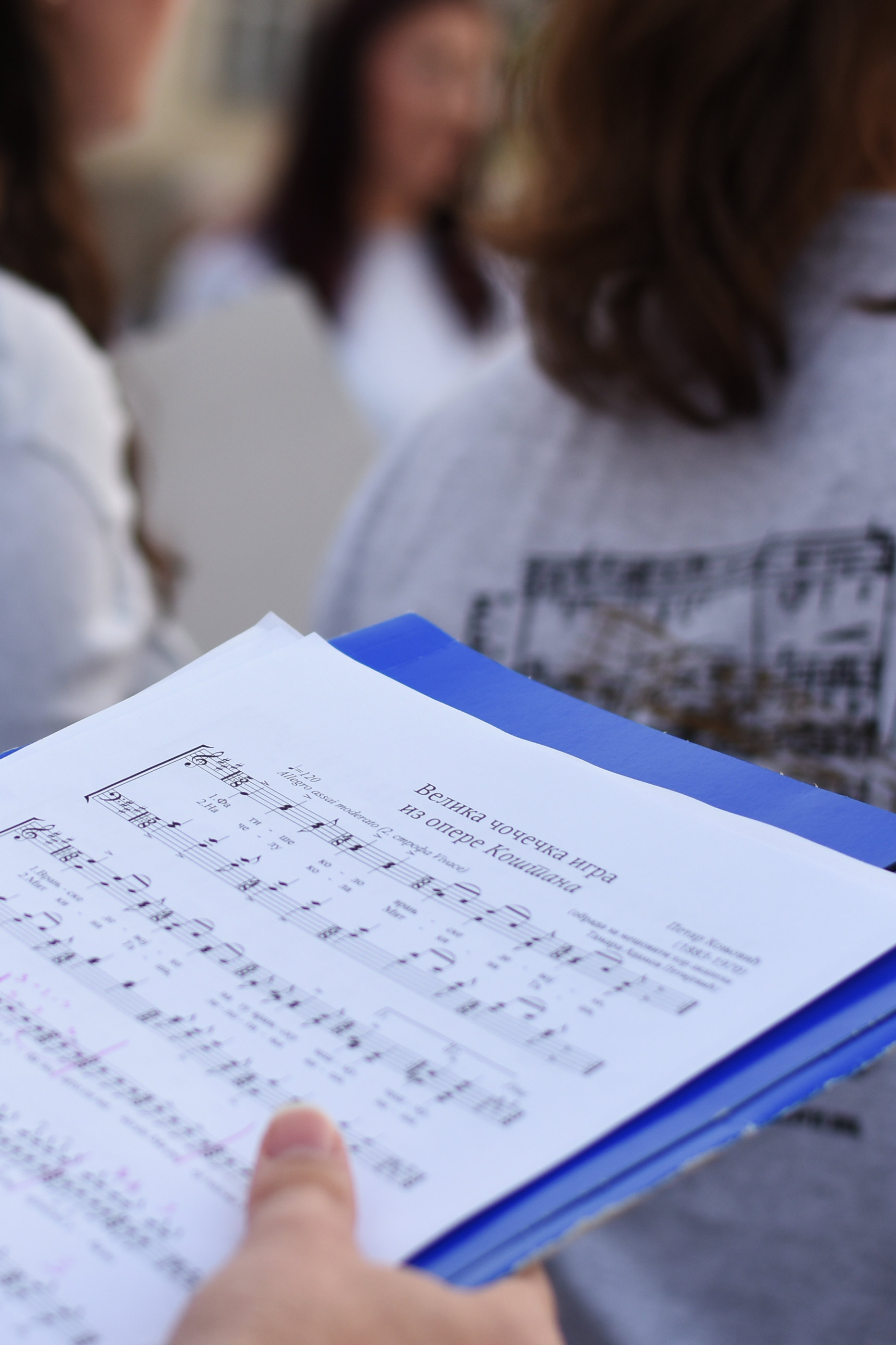
Department of Music Theory Pedagogy
Who enrolls in Department of Music Theory Pedagogy?
This department is intended for future students who want to expand their theoretical and pedagogical knowledge, by adopting and transferring knowledge of analytical methods for insight into the laws that govern musical phenomena. Special highlights are given to the pedagogical aspect, preparing students to educate new generations.
Studies
During the four-year bachelor’s studies and one-year master’s studies (when this department is split into two groups: Music Theory and Music Pedagogy), students take classes adapted to educate future musical experts with prominent pedagogical aspects. During these studies, students gain competencies, knowledge and help to teach theoretical subjects (music theory, harmony, counterpoint, musical forms, solfeggio, music culture, etc.) at all levels of education in various educational and cultural institutions.
What after studies?
After the student has finished these studies, he/she acquires a title that offers a wide range of possible job positions, especially the ones that are directly related to pedagogical work. By adopting theoretical knowledge and methods of pedagogy as well as basic music literacy, students are competent to work and design programs in general education institutions, music schools, cultural institutions and the media.
Department of Music Theory Pedagogy
Saša Pavlović, PhD, Full professor
-
Application process
Applications are submitted to Student Administration Offices of the Academy of Arts. Entrance requirements for Bachelor studies (1st cycle studies) include a four-year secondary school degree and a successfully passed entrance examination.
During the Application process, candidates must submit:Documentation
For more information, please contact us.
Preparatory classes
For more information, please contact us.
-
The Entrance Examination
Solfeggio (Solfeggio entrance exam requirements for all departments):
1. Unanimous modulating dictation (up to 16 bars)
2. Example for singing "a prima vista" (alterations and modulations)
3. Example of rhythmic reading (parlato) "a prima vista"
4. Etude with instrumental accompaniment of your choice (rehearsed)Piano Etude; Polyphonic composition - Bach: two-part or three-part inventions, French suites - selection; The first movement of the sonata - the sonatas of Haydn, Mozart or Beethoven – free choice; Composition of your choice. The program is played from notes.
Written and oral check.Music Theory
- Written part: Intervals; Scales (major-minor system and modes; (Chords – construction and ambiguity.
- Oral part: Knowledge from Music theory for secondary music schools)
Literature
Marko Tajčević, Osnovna teorija muzike, Književno izdavačka zadruga „CENTAR“, Beograd, 2003.
Dejan Despić, Teorija muzike, Zavod za ujbenike i nastavna sredstva, Beograd, 1997.Harmony
- Written part: Harmonization of the given figured bass, 8 bars; Harmonization of soprano, 8 bars)
- Oral part: Knowledge from Harmony for secondary music schools
Literature
Mirjana Živković; Harmonija za 2. Razred srednje škole. Zavod za udžbenike i nastavna sredstva, Beograd 2001.
Mirjana Živković, Harmonija za 3 i 4. Razred srenje škole. Zavod za udžbenike i nastavna sredstva, Beograd 2004.Мusical forms
- Written part: Formal analysis and work schema, song form
- Oral part: Knowledge from Musical forms for secondary music schools
Literature
Dušan Skovran, P. Vlastimir, Nauka o muzičkim oblicima, Univerzitet umetnosti u Beogradu, 1991.
David Mastikosa, MA, Senior teaching assistant
Music Theory Section
Mladen Janković, MA, Senior teaching assistant
Music Theory Section
Saša Pavlović, PhD, Full professor
Solfeggio and Music Pedagogy Section
Matija Antonić, МА, Senior teaching assistant
Solfeggio and Music Pedagogy Section
-
Ranking list
The right to be presented on the ranking list is achieved by the candidate who has passed the entrance exam which estimates the skills and talents of candidates (aptitude test) and which is determined by the Academy of Arts.
The ranking list of the candidates for the enrolment in this art programme is determined according to:- General success achieved in secondary education (success in all subjects and grades of a four-year high school)
- Results achieved in the entrance exam or the aptitude test.
The number of points achieved on the basis of general success is obtained by multiplying the average grade in all subjects of a four-year high school by the number 10 (ten)
At the entrance exam or aptitude test, the candidate can achieve from 0 (zero) to 50 (fifty) points. According to both criteria, it is possible to achieve a maximum of 100 (hundred) points. Candidates who did not achieve more than 15 points in the entrance exam are not eligible for enrollment.
02.
Master studies
After successfully completing the Master studies and defending the final thesis, the title of Master of Music in Music Theory is obtained - 300 ECTS or Master of Music in Music Pedagogy – 300 ECTS
The Curriculum for Music Theory with Harmonic Analysis is not available in this moment.
The Curriculum for Music Theory, Counterpoint is not available in this moment.
The Curriculum for Music Theory, Musical formsis not available in this moment.
The Curriculum for Music Pedagogy, Methodology of General Music Education is not available in this moment.
The Curriculum for Music Pedagogy, Methodology of Solfeggio is not available in this moment.
-
Application process
Applications are submitted to Student Administration Offices of the Academy of Arts. During the Application process, candidates must submit:
Documentation
For more information, please contact us.
Enrollment requirements
Master studies can be enrolled by the candidates who
- have earned: a four-year Bachelor’s degree, i.e., 240 ECTS credits; a minimum overall GPA of 8.0 at Bachelor’s studies and 9.0 in diploma/final examination, and
- have successfully passed entrance examination
-
Entrance exam
Requirements
Group: Music Theory
- The paper that corresponds in scope and content to the final/graduate thesis in bachelor studies in the field of theoretical subjects at the Department for general music pedagogy.
- Making a written exam on a given theoretical-analytical topic from one of the subjects (Musical Forms, Counterpoint, and Harmony with Harmonic Analysis). At the exam itself, the candidate receives several offered topics, from which he chooses one and works on it for three hours, as a rule without using literature.
- Candidates should answer the questions asked by the Commission, which includes the defense of the written exam in the previous paragraph and issues related to it as well as the conversation with the candidate about his/her interests and initial plans for scientific research work.
Group: Music Pedagogy
- The paper that corresponds in scope and content to the final/graduate thesis in bachelor’s studies in the field of Methodology of Solfeggio or Methodology of General Music Education at the Department of Music Theory Pedagogy
- A written exam on a given topic from the Methodology of Solfeggio or the Methodology of General Music Education. Production time: three hours.
- Candidates should answer the questions asked by the Commission, which includes the defense of the written exam in the previous paragraph and issues related to it as well as the conversation with the candidate about his/her interests and initial plans for scientific research work.
Consultation
There are organized consultations during preparatory classes for the entrance exam.
Consultations regarding the requirements and preparation for the entrance exam in Solfeggio will for now be carried out through video conference application (Thursdays from 13.00 to 14.00) and via e-mail.David Mastikosa, MA, Senior teaching assistant
Music Theory Department
Mladen Janković, MA, Senior teaching assistant
Music Theory Section
Saša Pavlović, PhD, Full professor
Solfeggio and Music Pedagogy Section
Matija Antonić, assistant
Solfeggio and Music Pedagogy Section
-
Rank list and enrollment
The right to be ranked on a unique ranking list is attained by a candidate who has passed the aptitude test. The Academy determines the order of candidates who have passed the entrance exam according to the number of total points achieved.
The ranking list of candidates for the enrollment in the study program of the first year of the second cycle of studies is determined on the basis of:- General success achieved during the first cycle of studies (average grade during studies)
- The results obtained in the entrance examination or the aptitude test.
The number of points achieved on the basis of success in the first cycle of studies is obtained by multiplying the average grade by the number 5 (five).
At the entrance exam or aptitude test, the candidate can achieve from 0 (zero) to 50 (fifty) points. According to both criteria, it is possible to achieve a maximum of 100 (hundred) points. Candidates who did not achieve more than 15 points in the entrance exam are not eligible for enrollment.

